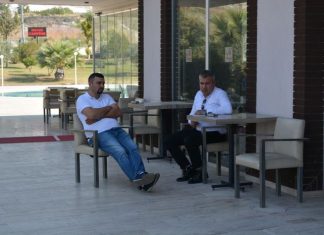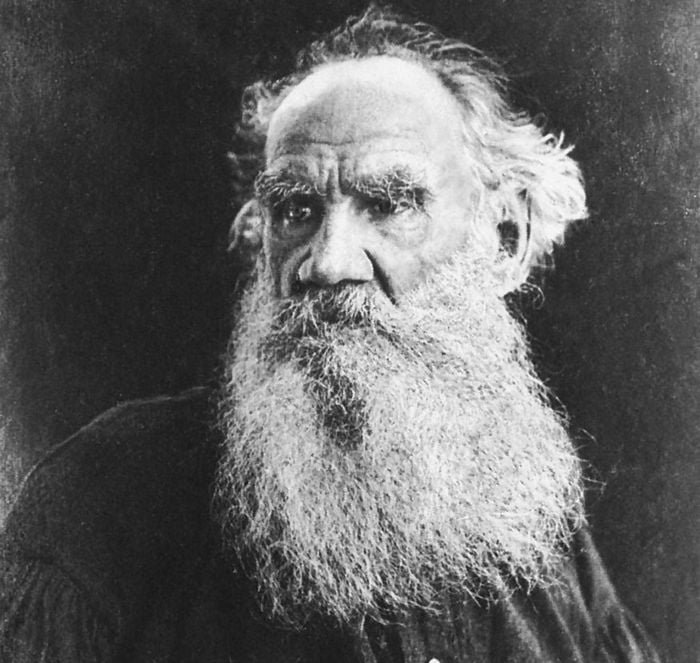After the adoption of Christianity, the Byzantine calendar “because the creation of the world” was carried out. As is thought, that calendar units the Starting – the creation of the world, and the Ending – the Second Coming, that are the terminus submit quem and the terminus ante quern of human historical past.
The implementation of the Byzantine Christian calendar of the Constantinople period earlier than the introduction of the Gregorian calendar after 1700 was compulsory not just for ideological causes, but in addition due to the spiritual cycle, with out which the newly created Bulgarian church wouldnt have been capable of carry out its cult- and customs- associated follow. In Bulgaria, as usually within the East, the system of counting the years I “since Christmas” or “because the Incarnation of Our God Jesus Christ” is a really uncommon phenomenon. There is just one inscription, which signifies for positive this type of calendar. It belongs to Omurtag and states:
“And the identify of the ruler is Omurtag, Kan Syubigi. The 12 months because the look of the true God is 820 and because the Creation of the world, 6328”
For the reason that inscription is in Greek, it was likely made within the type of the standard imitation of the Byzantine follow. The separation of the Byzantine-Slavonic Orthodox neighborhood from the Western European Latin language group can be evident in using the calendar. The completely different “calendar language” used within the East and the West is one other issue of their distancing and self-isolation.
Volga Bulgaria
The calendar is a vital issue of the cultural reminiscence of the nation which makes use of it. Volga Bulgaria is a wonderful instance of this well-known declare. The orientation in line with the celebrities, the scenario of the planets, the Solar and the Moon, belong additionally to the set of information of the Bulgarians within the area of Center Volga. That is proved by the detailed system of names of planets, separate stars and constellations, which is later saved by the so-called Kazan Tatars. The celebrities decide meteorological time through the 12 months and management agricultural actions. The Turkish explorer of the 17th century, Hadzhi Caliph, utilizing sources which havent been preserved, describes a Volga Bulgarian who makes astronomical observations far north of Bolgar.
It` believed that probably the most extensively used calendar within the area of Center Volga was the 12-year solar cyclical calendar, during which the months have names of animals. This calendar was in use till the time of the Kazan Khanate. Many late manuscripts give proof of the truth that the traditional Bulgarian calendar continued for use in Kazan through the Late Medieval Interval. That exhibits the necessary position of Volga Bulgarians within the formation of the tradition of the Khanate.
Read More about Isaac Comnenus 12








